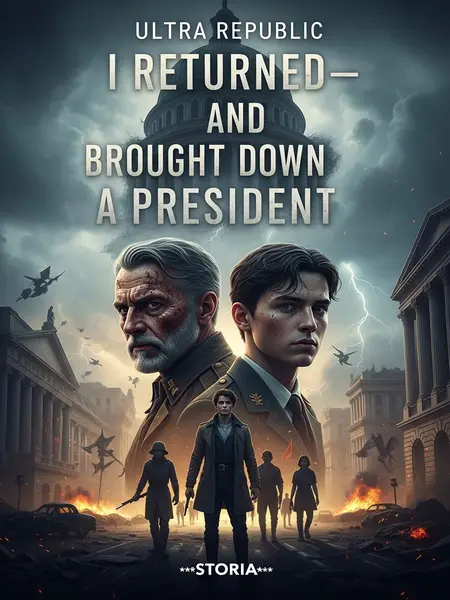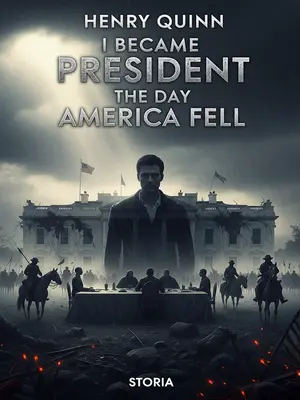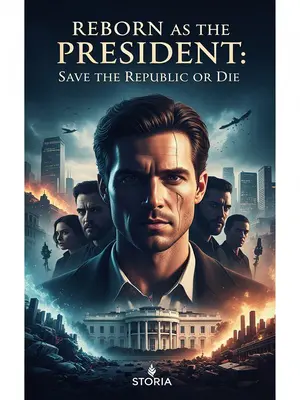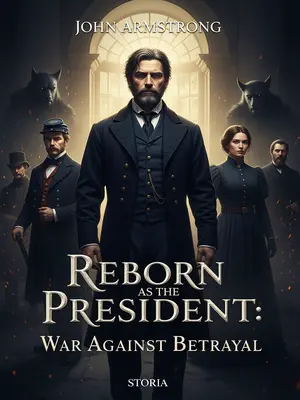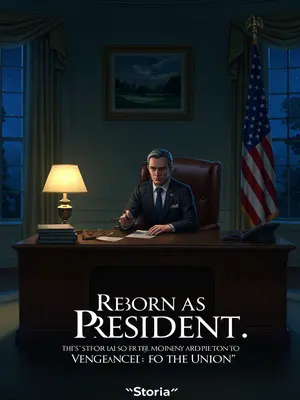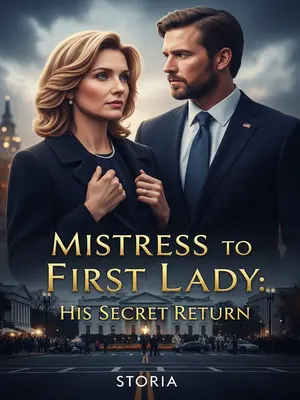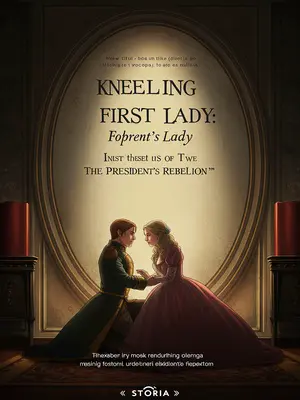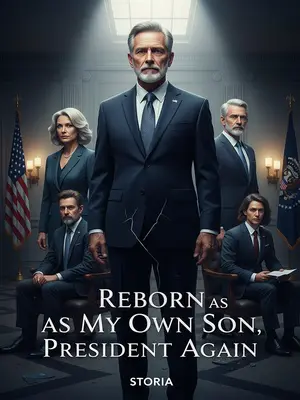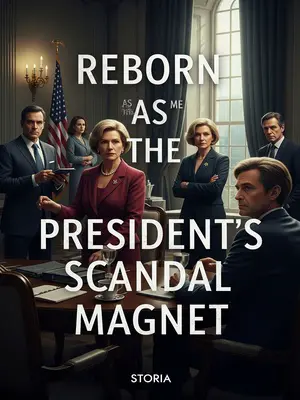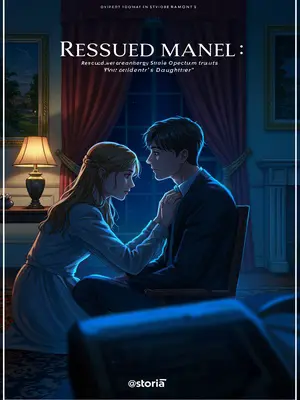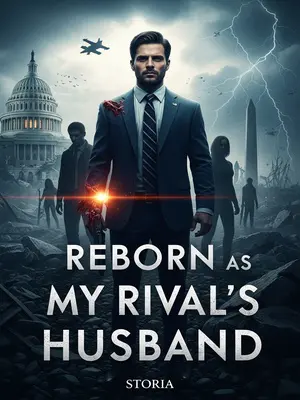Chapter 1: The Coffin That Wouldn’t Stay Shut
In the fifth year of the Ashland Era, President Marcus Caldwell—stabbed to death right there, in broad daylight, on the steps of the Capitol by the Sinclair family—was hastily shoved into a cheap pine coffin. For a second, it didn’t seem real. The shock of it all hung in the air, as if the world itself couldn’t quite believe what had just happened.
The air was heavy with an uneasy silence, the kind that settles when you know something’s gone off the rails. The blood on the Capitol steps had barely dried before Caldwell’s body was carted off. No ceremony, no dignity—just a pine box and the whisper of scandal. Honestly, the scent of old smoke and spilled whiskey still lingered. Somewhere in the city, people watched from behind curtains, afraid to be seen mourning the wrong man.
No relatives or senators came to show up. There was no funeral music, just a couple of battered pickup trucks trailing behind the lonely hearse.
The trucks rattled along, tires crunching over gravel and potholes. An old American flag hung limp from the rear of one, its colors faded by too many seasons in the sun. For a moment, all you could hear was the uneven rumble of engines—and I swear, even the crows overhead, cawing as if to mark the end of something sacred.
The vehicle jolted. Blood seeped through the wood. A few laborers—terrified—cried out and bolted.
A hush fell over the small crowd of workers, their faces pale as they watched the crimson stain bloom on the coffin’s side. One young man dropped his shovel and ran, boots pounding on the hard-packed earth, while the others stared, wide-eyed and silent, like the world had just gone sideways.
The coffin toppled over, and Richard Whitmore—who had died twenty-six years ago—opened his eyes once more in this young body. For a split second, the impossible became real, and the world felt as if it had stopped turning.
A strange chill rippled through the air, unnoticed by the living. Somewhere between the echoes of gunfire and the scent of wet pine, a soul returned, blinking against the harsh daylight, unsure if the world he’d left was the same one he’d found. God, what year was it now?
Thirty-seven years had gone by since President Langley entrusted his orphaned son to others. In that stretch of time, so much had changed, and yet some wounds still felt fresh.
The years had etched deep lines into the country’s face. Back when the sun seemed to shine a little brighter, Langley’s era promised more—now, all those golden afternoons and grand speeches were just a faded memory, like a photograph left in the sun. The orphaned son had become a legend—one whispered about in bars and backrooms, never quite forgotten.
By now, General Benjamin Hayes had already been demoted to working the fields in Red Creek, couldn’t even watch his own back.
Once the pride of the Republic, Ben Hayes now bent his back in the dirt, his medals traded for calluses. Folks in Red Creek still called him ‘General’ out of habit, but his uniform was a faded shirt, his army a handful of stubborn old men and hungry kids. Hell of a way to end up, he thought.
There were only three years left until the collapse of the Republic. And that was if you were feeling optimistic.
Time moved like a slow river through the heartland, carrying away what little hope remained. In the bars, men drank to forget. In the churches, women prayed for rain and mercy. Three years left. Maybe. Even that felt like wishful thinking.
The sweltering heat of Red Creek pressed down. Heavy clouds gathered, but the thunderstorm just wouldn’t break.
Sweat beaded on every brow, shirts clinging to backs. The kind of heat that made tempers short and patience even shorter. Somewhere, a radio crackled with static, promising rain that never came. In the distance, thunder grumbled like an old man refusing to get out of bed.
Ben Hayes, his hair already white, frowned as he looked at the new harvest of corn brought by the storage manager. The freshly picked green corn wasn’t placed in the usual steel bucket, but in a farmer’s old baseball cap.
He stared at the cap for a long moment, the corners of his mouth twitching with a mix of irritation and nostalgia. He caught a faint whiff of sweat and sun-baked leather, the faded logo almost worn away. The corn looked out of place, almost disrespectful, nestled in something that once meant more than just a hat.
The storage manager spoke carefully: “General, in a couple months, the corn and wheat’ll be ripe. Why not wait a little before we send our men out?”
His voice was low, cautious, as if afraid the heat itself might overhear. Outside, cicadas buzzed, and the distant sound of a train whistle cut through the stillness, a reminder that the world kept moving, war or no war.
Only one lamp left, its flame guttering.
The tent was dim, shadows stretching long and thin across the canvas. The lamp’s weak glow made the General’s face look even older, the lines deeper, the eyes more tired. He looked down at the cap, and for a moment, you could see the weight he carried.
Militias from the three nearby counties—Maple Heights and Silver Hollow—harassed them incessantly, and Alan Drake, Commander of the Western Guard, was ready to march at any moment. The tension in the air was thick enough to taste.
Every night brought rumors of raids—fences burned, livestock stolen, shots fired in the dark. The men slept with rifles by their beds, never sure if dawn would bring peace or another attack. Still, Drake’s name was spoken like a curse, his reputation growing with every whispered story. Damn if he wasn’t everywhere at once.
A storm was closing in, and they all felt it.
The air felt electric, heavy with anticipation. Even the birds had gone quiet, as if waiting for the first clap of thunder. Somewhere in the distance, a dog barked, then fell silent. Nobody wanted to be the first to speak.
Ben Hayes said nothing. His long, calloused hands slowly wiped his old hunting knife, gaze sweeping over the baseball cap holding the corn. He paused, jaw tight. “Don’t use this thing for storage again.”
His voice was gravelly, the kind that carried more weight than any order. He ran his thumb along the knife’s edge, lost in memory, before finally setting it aside. The cap deserved better, and so did the past it represented. He let out a breath he didn’t know he’d been holding.
With that, he stood up and looked outside, where the muggy wind howled—just like it had at Hollow Ridge that day. The memory flashed in his mind: gunfire, panic, the wind howling through broken trees.
The memory hit him hard—gunfire echoing. Men shouting. The wind carrying the smell of gunpowder and loss. He blinked, pushing the past aside, and watched the canvas flap in the wind, as if daring him to step back into the fight.
He walked a few steps, then turned back, took a very old baseball cap hanging by the tent door, put it on, and stepped out. The motion was slow, deliberate—like suiting up for battle.
The cap sat awkwardly atop his white hair, sweat-stained and faded, but he wore it like a crown. Outside, the world was a haze of heat and dust, the kind of day that made every step feel like a struggle. He wiped his brow, thinking, Not getting any younger.
The storage manager was new, hands fidgeting, eyes darting from face to face. He shot a glance at the gate captain, Daniel Price, hoping for a clue about what to do next.
He shuffled his feet, glancing nervously at the older men. Man, he thought, everybody here knows the rules but me.
Daniel Price, son of Ethan Price, was bold and friendly by nature. Seeing this, he said, “You new here, pal?” He gave the kid a once-over, sizing him up.
Daniel grinned, his teeth white against sunburned skin. He leaned against the doorframe, arms crossed, radiating easy confidence. "Don’t sweat it. Everybody’s new until they’re not." For a second, the tension broke.
“You know where that cap in the General’s hand came from?” Daniel asked, voice dropping, as if they were sharing a secret.
He nodded toward the old cap, his tone suddenly softer, as if talking about something sacred. For a moment, it felt like church.
The storage manager shook his head. He shifted his weight, curiosity plain on his face.
